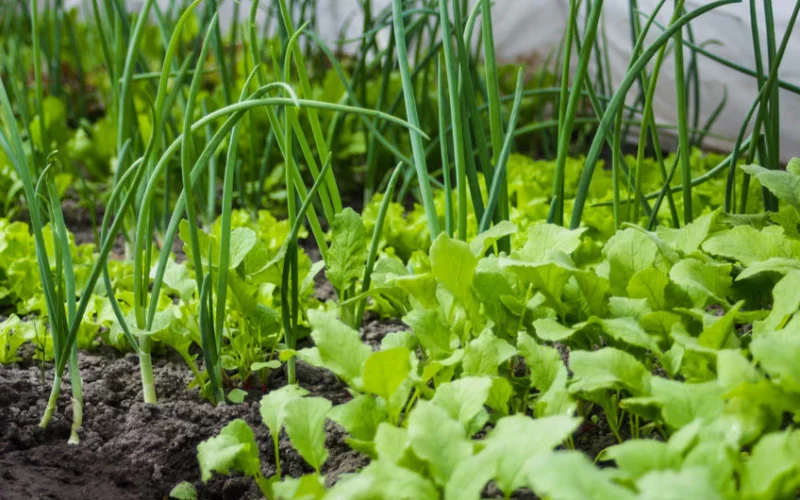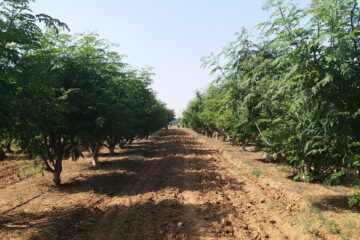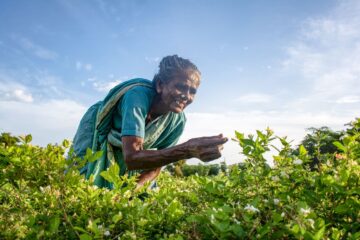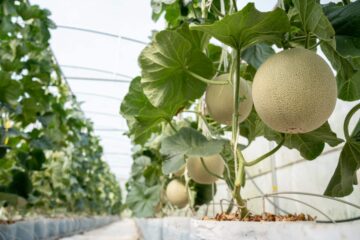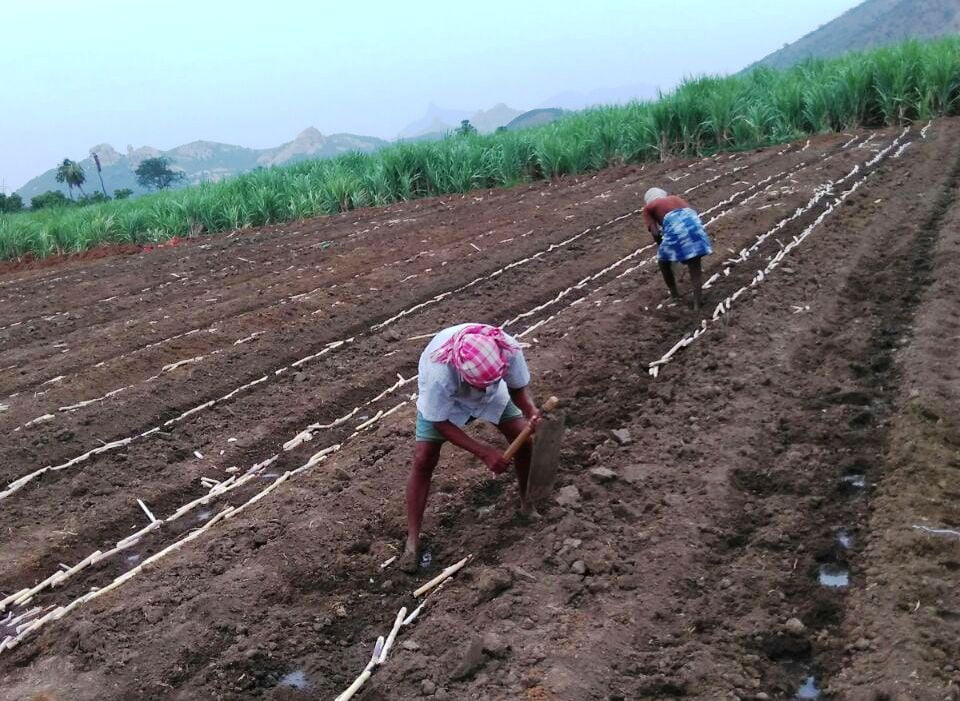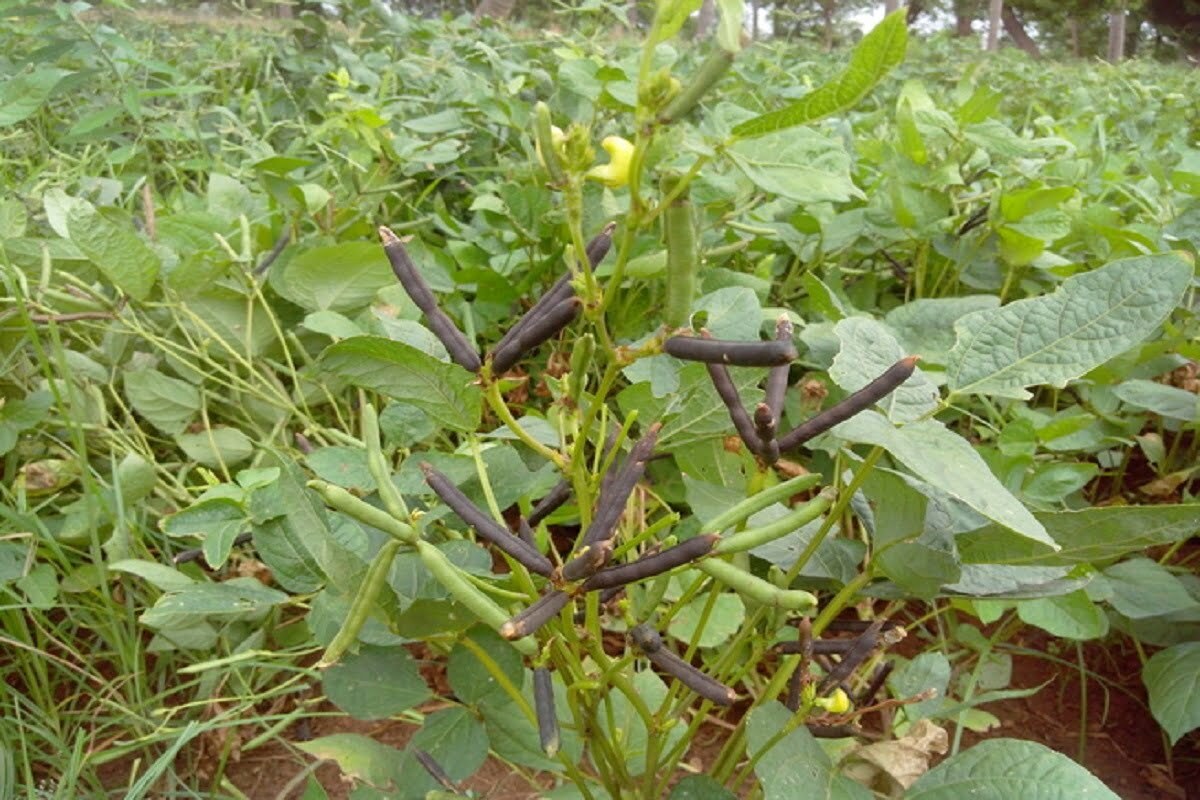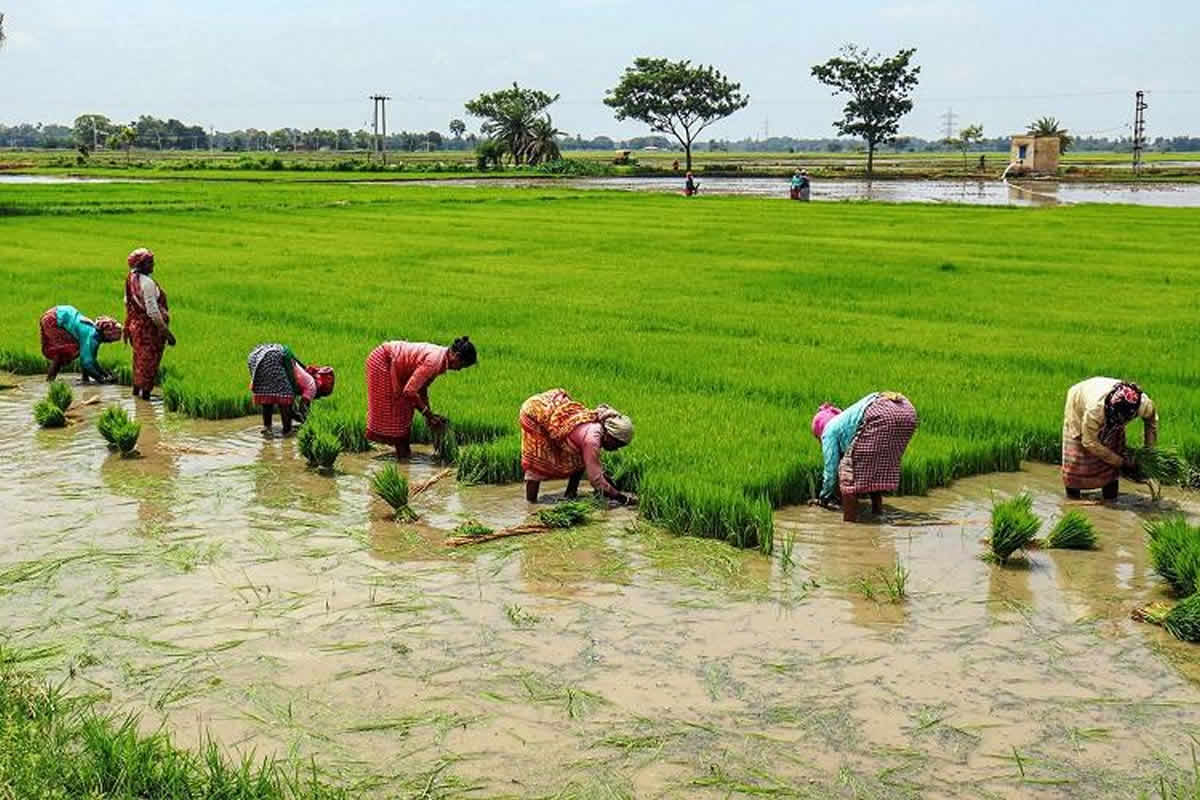Published in May 2017
Quarantine plays a crucial role in agricultural protection by preventing the spread of pests and diseases from one area to another. These can spread through the air or via plant seeds and seedlings. Quarantine aims to prevent the entry of foreign pests and diseases into our country and to eradicate them before they spread to other countries.
Agricultural imports from other countries often bring significant losses due to pest and disease infestations. To address this, the Quarantine Law was updated in 2003, establishing stricter regulations and conditions for importing agricultural products. Under this scheme, import permits are granted based on additional notifications and conditions, allowing plant seeds and related products to be imported only after laboratory tests confirm their safety. Quarantine measures also involve using control products to manage the spread of infections.
Quarantine Centers in India
India has 31 plant quarantine centers, with four in Tamil Nadu—two in Chennai, one in Tuticorin, and one at Tiruchi Airport. These centers work to prevent the spread of plant diseases and pests. The headquarters is located in Paritabad, Haryana.
Importance of Quarantine in Pest and Disease Control
Foreign pests and diseases entering our country through plants and plant-related products can cause significant damage. Quarantine is essential in preventing these issues. It is more effective to prevent the spread of pests, diseases, and weeds than to control them after they have spread. Quarantine plays a key role in this preventive approach.
For instance, the potato tuber moth spread to India from Italy via seed potatoes, and the wheat rust fungus spread from Australia. The Plant Quarantine Center established in 1914 restricted the import of infected plant seeds and parts, effectively reducing disease impact.
The Food and Agriculture Organization (FAO) urges all countries to report pest and disease impacts. This allows early identification of outbreaks, assessment of their severity, and communication to other countries, enabling the prevention of pest and disease spread.
Quarantine Regulations and Procedures
When importing agricultural products like plant seedlings and buds, entry inspections are conducted by entomology and pathology departments in state agricultural universities or the Indian Agricultural Research Institute. This helps prevent the entry of infected products.
Some agricultural products that do not require a quarantine cleanliness certificate include processed tea, processed oats, asafoetida, paper bags, nutritional capsules, processed hemp products, naturally waxed coconut fiber, isolated soy proteins, and resins derived from trees.
Conclusion
By understanding and adhering to quarantine regulations, farmers can effectively manage imports and exports, reducing the risk of pest and disease infestations. Quarantine is a vital component of pest and disease management, ensuring the safety and productivity of our agricultural practices.
Dr. M. Sugandhi, Dr. Suresh Subramanian, Dr. H. Gopi, Postgraduate Research Center in Animal Science, Kattupakkam, Kanchipuram – 603 203.

